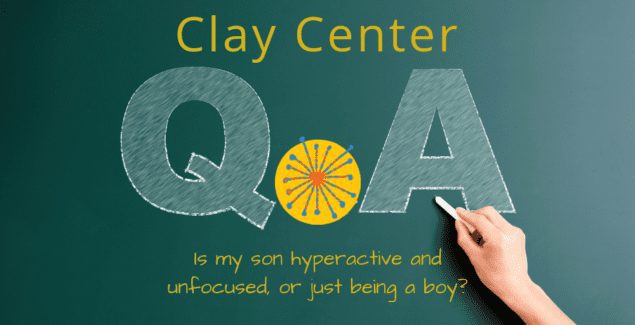Q+A: Is My Son Hyperactive and Unfocused, or Just Being a Boy?

Posted in: Grade School, Parenting Concerns, Teenagers
Topics: Learning + Attention Issues, Mental Illness + Psychiatric Disorders, Q+A
Question: My child’s teacher told me that she’s worried about my son’s behavior at school. She said he’s hyperactive and unfocused. I think he’s just being a boy. I took him to our pediatrician who said we could wait and see before putting him on medication. I liked that idea. Is there anything wrong with doing this?
Answer: There is nothing wrong with “just” waiting and watching if that’s what feels right for you. In fact, it is often initially the best course of action. To “wait and see” is actually not doing “nothing” – particularly if you are monitoring and observing your child’s symptoms. While you’re observing, it can also be a good time to get more information – talk to friends and relatives, find resources, and watch to make sure that the symptoms are not getting worse. A good general rule of thumb is to be more proactive the older your child is. For example, if a child is struggling in kindergarten, it might be best to wait until 1st grade before evaluating what could be causing the problem; but a full year might be too long to wait and see if your 8th grader (who is all of a sudden getting poor grades) gets better. That being said, there is a wealth of data that shows the importance of intervening early. Thus, if your child has been diagnosed with a problem, make sure he or she is getting the best treatment possible.
While waiting is sometimes the right course of action, in my experience, parents often wish they hadn’t waited quite so long to seek treatment. If you are reading this and are one of those parents, don’t fret over the time lost. Every good parent feels guilty about something and it’s usually not a very useful emotion. In fact, child psychologists frequently miss symptoms in their own children and wish they had sought help sooner – and they do this for a living! It is never too late to find the right treatment, and gathering information is an important first step.
Was this post helpful?
Newsletter
Subscribe Today
Your monthly dose of the latest mental health tips and advice from the expert team at The Clay Center.
SubscribeMultimedia
Quick Jumps
Tag Cloud
-
addiction
ADHD
adolescents
anorexia
anxiety
autism
behavior
CBT
child development
children
college
communication
covid-19
depression
digital media
dyslexia
eating disorder
evaluation
family
fear
healthy development
learning
learning disabilities
learning disability
mental health
mental illness
parenting
parents
Podcast
PTSD
relationships
resilience
school
shrinking it down
social media
stigma
stress
suicide
technology
teenagers
teens
therapy
trauma
treatment
violence

 Share
Share Tweet
Tweet





